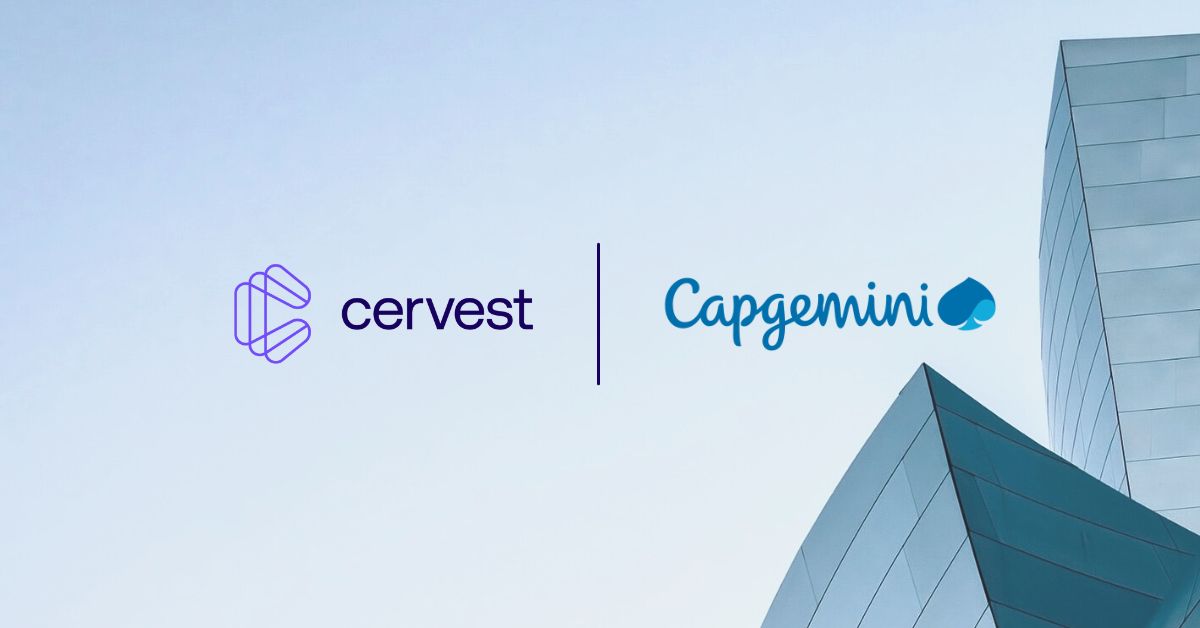CIC member David Sobotka calls climate risk a pandemic of another kind

Our newly launched Climate Intelligence Council (CIC) brings together an iconic group of world-leading experts from science, policy, finance, technology, and business – all with a shared passion for democratized access to Climate Intelligence and a commitment to advancing adaptation and resilience to climate risk.
In this article, the first in a series of expert Q&As with our CIC members, we’re excited to introduce one of the Council’s inaugural members, David Sobotka, former Global Head of Fixed Income at Merrill Lynch.
Following a successful finance career spanning more than 40 years, including Merrill Lynch, Lehman Brothers, and Capula, David Sobotka is currently a director on the board of BWC Terminals and is treasurer of the board of DREAM, an organization serving 2,500 youth in the communities of East Harlem and the South Bronx through charter schools and out-of-school programming. David is also a member of the Dean of the School of Environment’s Steering Committee and the Advisory Boards of the Jackson Institute of Global Affairs and the Center for Business and Environment at Yale.
We spoke to David about what he’s currently working on in the climate space, why he joined the CIC and what he believes organizations, government, and NGOs should be doing today to adapt with climate change.
Please share with us what you are working on in the climate space right now.
I continue to work in an advisory capacity with the Yale School of the Environment, where I serve on the board at the Center for Business and Environment. This role enables me to continue my efforts to bring talent into the workforce that is skilled at managing the behavioral change of both producers and consumers of goods and services — something I’ve been focused on for over 15 years. My working hypothesis is that there is no silver bullet that will solve the climate crisis. However, by encouraging many entrepreneurial solutions across many verticals, we greatly improve our chances of success.
From your perspective, what should organizations be doing today? What actions should be taken to mitigate climate risk?
The urgency to address climate risk is just not there — not among policymakers, corporations, or consumers. Although consumer preferences are certainly promoting the need for change, the fact is that corporations and governments are not yet acting like climate change is the existential threat that it truly is. This is what needs to change. We need a behavior shift from corporations and governments on a comprehensive scale.
Why do you believe that Climate Intelligence is so critical to the climate risk debate?
You cannot improve what you cannot measure. Climate Intelligence helps to solve this issue with a way to measure something that was previously unmeasurable, largely because of the complexity of climate science. What Cervest brings to its customers is not only a science-backed assessment of the climate risk they are bearing but also a way to prioritize how they should invest to mitigate those risks. Building resilience to the climate change that has already occurred, and will continue to occur, is a necessity. Cervest's analytical and intelligence capabilities will help the market guide capital to those assets that are sustainable, or to make them sustainable if it makes sense.
You're one of the first members of the Cervest Climate Intelligence Council. What led you to join?
My entire career was devoted to managing risk, whether financial or related to physical assets. Over that time, huge advances were made to the tools that measure and manage risk, much of it due to the ability to access and process large amounts of data. This enabled us to better predict outcomes and estimate potential downsides. Today, a new class of risk has sprung up: climate risk. I am drawn to the efforts of Cervest to bring that same analytical capability to measure Climate Value at Risk (CVAR) for owners of physical assets.
COP26 begins soon. What outcomes are you hoping to see from this year's event?
From COP26, I am hoping to see a recognition that 2050 or 2060 is much, much too late to reach the goals that have been set out by state actors. The crisis is upon us. Policymakers, corporations, and consumers need to acknowledge that climate risk is a pandemic of another kind. It will require the same kind of rapid and forceful response that Covid-19 did if we are to mitigate its lethal consequences – both in terms of life and economic devastation.
For more Cervest news, sign up to our newsletter.
Share this article
Our latest news and insights

Capgemini to embed Cervest climate intelligence into climate transition, adaptation and sustainability strategies for their clients
Read more
What is climate intelligence and why do businesses and governments need it?
Read more
